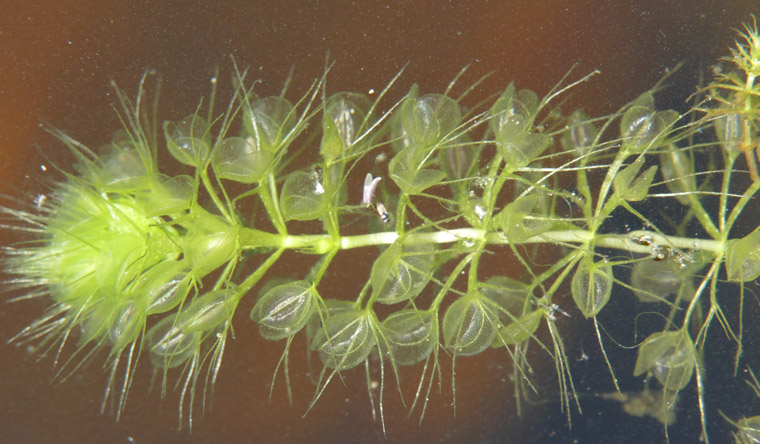
Barry Rice
Dr Barry Rice is an astrobiologist who spans two main scientific disciplines. He has a PhD in astronomy, and is a tenured college professor in that field. As a botanist, he worked for 10 years at The Nature Conservancy, and has engaged in fieldwork, focusing on carnivorous plants, for more than 25 years. He has served as either the managing or scientific editor for the journal of the International Carnivorous Plant Society for more than 20 years. He has published books, chapters and research papers on carnivorous plants, mostly on the genera Utricularia, Drosera, Darlingtonia and Sarracenia; he has described several new varieties. He is currently a research associate at the University of California, Davis, Center for Plant Diversity.

Fastest predatory plant
The fastest carnivorous plants are aquatic bladderworts (genus Utricularia), which use suction-based traps to capture prey such as small crustaceans, insect larvae and even young tadpoles. One species (U. australis, aka the southern bladderwort) has been recorded ensnaring victims within as little as 5.2 milliseconds, though around 9 milliseconds is the more typical timeframe.
Photo: Plant Biomechanics Group Freiburg



